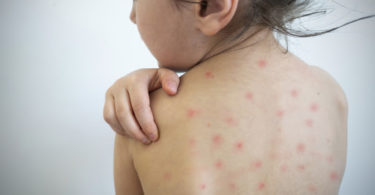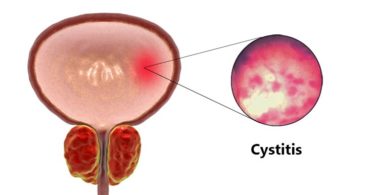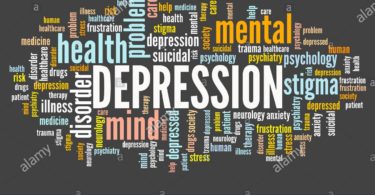ANXIETY AND DEPRESSION ARE SYMPTOMS NOT DISEASES
Introduction
Anxiety is an emotion characterised by feelings of tension, worried thoughts and physical changes like increased blood pressure.
People with anxiety disorders usually have recurring intrusive thoughts or concerns.
They may avoid certain situation out of worry.
They may also have physical symptoms such as sweating, trembling, dizziness or a rapid heartbeat.
Cause of anxiety
Early life events, especially traumatic ones, can impact the circuitry so that it is oversensitive and sends out alarms too frequently.
We have to perceive threats in order to survive, but those with anxiety see threats where there are not any, perhaps because emotional memories colour their perceptions.
Symptoms of anxiety
Typically, those who suffer from prolonged anxiety experience a range symptoms, including
Excessive worry about health, money, family, work or school.
performance even when there are no signs of trouble.
Irrational expectations of the worst out come in many situations.
Inability to relax.
Irritability.
Insomnia.
Tiredness.
Headaches.
Muscle tension.
Difficulty swallowing.
Trembling or twitching.
Frequent urination.
Types of anxiety disorders
Three separate categories in DSM-5. These three categories are:
Anxiety disorders
Separation anxiety disorder, selective mutism, specific phobia, social phobia, panic disorder, agoraphobia and generalized anxiety disorder.
Obsessive compulsive disorder
Obsessive compulsive disorder body dysmorphic disorder, hoarding disorder, trichotillomania, and excoriation disorder.
Trauma and stressor related disorders
Reactive attachment disorder, disinhibited social engagement disorder
PTSD, acute stress disorder, and adjustment disorder.
Brief detail of Anxiety disorders
Generalized anxiety disorder
Generalized anxiety disorder involves persistent and excessive worry interferes with daily activities.
This ongoing worry and tension may be accompanied by physical symptoms, such as restlessness, feeling on edge or easily fatigued, difficulty concentration, muscle tension or problem sleeping.
Often the worries focus on everyday things such as job responsibilities, family health or minor matters such as chores, car repairs or appointments.
Panic disorder
The core symptom of panic disorder is recurrent panic attacks an over whelming combination of physical and psychological distress.
Because symptoms are so severe many people who experience a panic attack may belive they are having a heart attack or other life threatening illness and may go to hospital emergency.
Panic attacks may be expected such as a response to a feared object or unexpected apparently occurring for no reason.
The mean age for onset of panic disorder is 22-23.
During an attack several of these symptoms occur in combination
Sweating
Palpitations, pounding heart or rapid heart rate
Trembling or shaking
Feeling of shortness of breath or smoothening sensations
Chest pain
Feeling dizzy, light headache or smoothening sensations.
Feeling of chocking
Numbness or tingling
Chills or hot flashes
Nausea or abdominal pain
Feeling detached
Fear of losing control
Fear of dying
Social anxiety disorder
A person with social anxiety disorder has significant anxiety and discomfort about being embarrassed, humiliated, rejected or looked down on in social interactions.
People with his disorder will try to avoid the situation or endure it with great anxiety.
Common examples are extreme fear of public speaking, meeting new people or eating/drinking in public.
The fear or anxiety causes problems with daily function and lasts at least six months.
Separation anxiety disorder
A person with separation anxiety disorder is excessively fearful or anxious about separation from those with whom he or she is attached.
A person with separation anxiety disorder may be persistently worried about losing the person closest to him or her may be reluctant or refuse to go out or sleep away from home or without person or may experience nightmares about separation.
Physical symptom of distress often devlop in childhood but symptoms can thought adulthood.
Treatment of anxiety
The most effective treatment for anxiety are behavioural.
Such treatment are often gradually exposing patient to the situation they are fear
Anxiety therapy might also focus on changing distorted thought patterns that underlie the condition.
Drugs may help patient to control their anxiety during treatment but do not usually cure the condition.
Increasingly researches are finding that mind fullness mediation is a successful technique that helps lessen anxiety.
Some homeopathic medicine for anxiety
Aconite nap.
Arsenic alb.
Argentum nit.
Belladonna
Bryonia
Carbo veg.
china
Digitalis
Gelsemium
Natrum mur.
Kali ars.
Kali phose
Phosphorus





